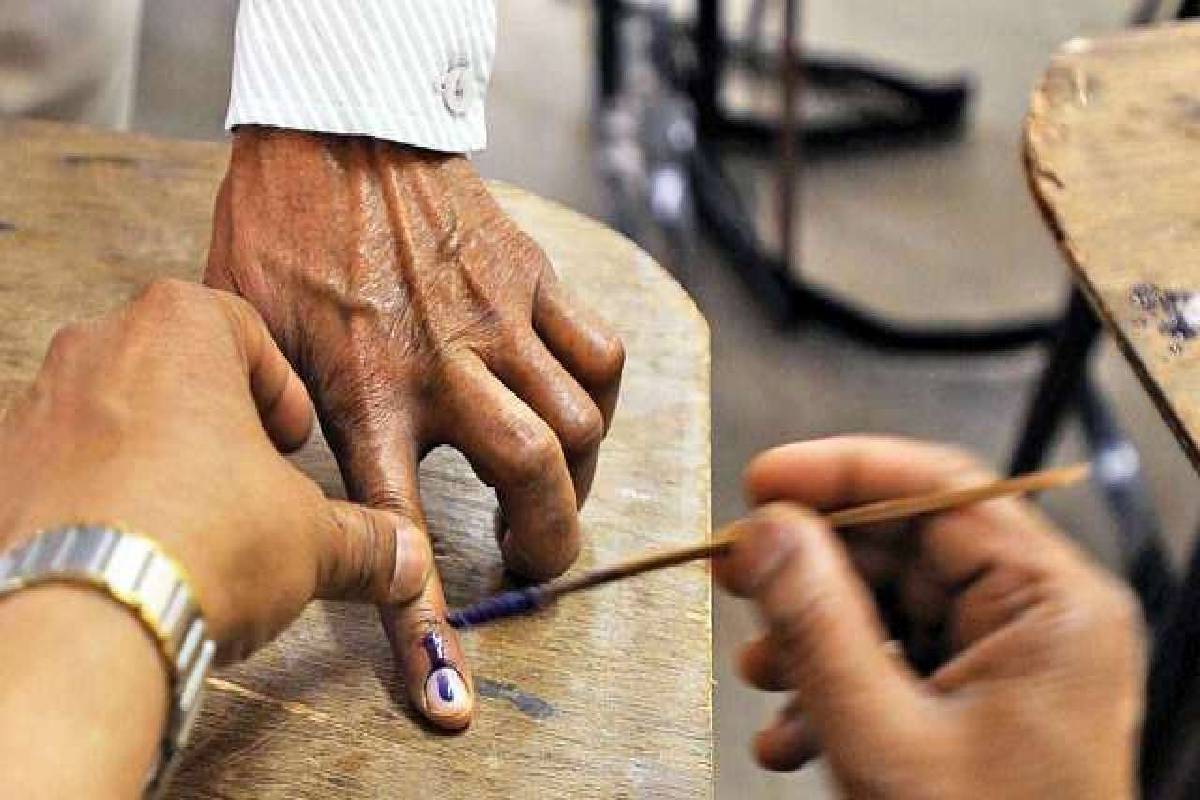The recent recommendations by the Ramnath Kovind panel advocating for simultaneous state and national elections in India mark a significant milestone in the ongoing discourse surrounding electoral reform. While the concept of “One Nation, One Election” holds promise for enhancing governance efficiency and fostering economic growth, its successful implementation hinges on a delicate balance of political consensus and pragmatic considerations. Six months ago, as discussions on synchronised elections gained momentum, we had underscored the need for a nuanced approach that respects the intricacies of India’s federal structure while harnessing the transformative potential of simultaneous polls.
Today, after the panel has submitted its report, this stance must remain rooted in the spirit of consensus and inclusive governance. The fervour with which the ruling Bhartiya Janata Party (BJP) champions “One Nation, One Election” is palpable, driven by aspirations for administrative efficiency and fiscal prudence. Yet, beneath the surface lies a deeper impetus ~ a desire to recalibrate the political landscape and pivot towards a more centralised model of governance. While the merits of such an approach are evident, the path towards achieving consensus demands careful navigation. The recommendations put forth by the panel advocate for a phased implementation of simultaneous elections, commencing with the synchronisation of parliamentary and state assembly polls.
Advertisement
This measured approach acknowledges the logistical complexities inherent in orchestrating simultaneous polls across the diverse tapestry of India’s political landscape. Furthermore, the panel’s emphasis on the potential economic dividends of synchronised elections underscores the imperative of aligning electoral cycles with broader developmental objectives. By curtailing the uncertainty and disruption wrought by staggered polls, India can create a conducive environment for investment and growth, thereby unlocking its full potential on the global stage. However, the road to “One Nation, One Election” is not devoid of challenges.
Opposition from states governed by political adversaries of the ruling dispensation underscores the need for robust dialogue and consensus-building. As India’s federal structure lies at the heart of its democratic ethos, any reform must be predicated on the principles of inclusivity and federalism. In charting the course forward, it is imperative for all stakeholders to prioritise the long-term interests of the nation over partisan considerations. While the BJP’s advocacy for synchronised elections is driven by legitimate aspirations for governance efficiency, it is essential to heed – and address ~ the concerns raised by opposition parties and state governments. Ultimately, the quest for electoral reform must transcend political divides and unite stakeholders in a shared commitment to strengthening India’s democratic institutions.
As we navigate the complexities of governance in the 21st century, the imperative of synchronised elections emerges as a beacon of hope ~ a testament to our collective resolve to build a more inclusive and prosperous India. There is much to be said for breaking the shackles of multiple electoral exercise.









